Fishing vessels that have not been licensed are strictly prohibited from going out to sea.
The IUU "yellow card" is a warning issued by the European Union (EU) to countries whose fishing activities do not fully comply with regulations on combating illegal, unreported, and unregulated (IUU) fishing. After years of efforts to rectify the situation, Vietnam is aiming to have this warning lifted soon, with the goal of completing the process this year.
In preparation for the European Commission's inspection scheduled for November, Prime Minister Pham Minh Chinh recently chaired the 18th session of the National Steering Committee on combating illegal, unreported, and unregulated (IUU) fishing to review implementation results, address difficulties, and encourage localities to resolutely achieve the set goals.
The Prime Minister assessed that the fight against IUU fishing has seen positive progress, with the number of licensed fishing vessels increasing by more than 1,100. Over 99% of the total number of fishing vessels have been equipped with VMS (Vehicle Monitoring System). However, more than 5,700 vessels are still unlicensed. The Prime Minister requested that localities complete the licensing process this week; those that do not meet the requirements will be strictly prohibited from going to sea.
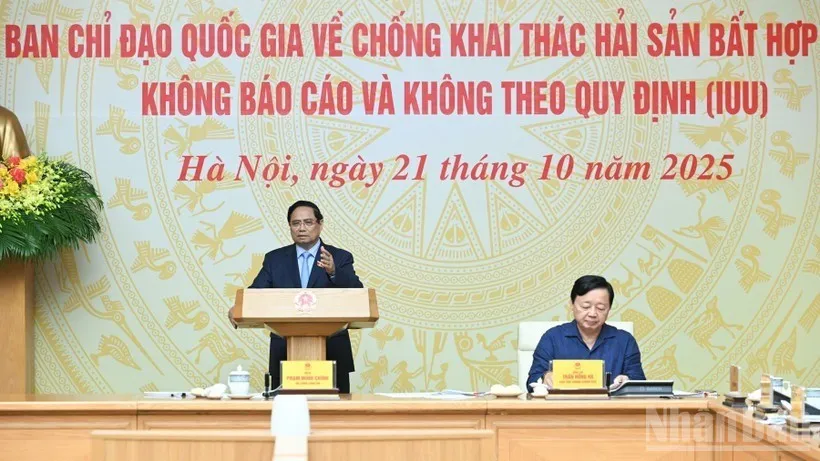
Prime Minister Pham Minh Chinh chaired the 18th session of the National Steering Committee on IUU.
The Prime Minister requested that this week, all localities complete the installation of VMS (Vehicle Monitoring System) tracking devices on 100% of fishing vessels. The Ministry of Agriculture and Environment is to establish control tools to prevent fishing vessels from going to sea without connecting to the VMS center; and to urgently issue a temporary set of criteria for identifying fishing ports that meet the requirements for verifying the origin of harvested seafood. The Ministry of National Defense is to continue patrolling to prevent fishing vessels from violating foreign waters; to put into use a system for controlling fishing vessels and fishermen in maritime areas; and to direct Viettel Group to coordinate with VNPT to complete the data connection system for monitoring fishing vessels, and to put into use a VMS disconnection warning system, to be completed before October 30th.
The Ministry of Public Security is focusing on investigating, prosecuting, and severely punishing IUU cases, especially those involving organized networks that smuggle fishing vessels across borders. Ministries, sectors, and localities are coordinating the preparation of dossiers, evidence, and technical reports to support the work with the 5th EC working group. The Prime Minister criticized the Vietnamese Ambassador to Malaysia for failing to fulfill his assigned duties related to IUU issues and requested the Ministry of Foreign Affairs to seriously review and assess his responsibility.
Prime Minister Pham Minh Chinh emphasized: "The Government Office, the Ministry of Agriculture, and other ministries and agencies should monitor and evaluate the situation for me weekly, showing how the provinces and ministries are performing, with the heads of the ministries, provinces, and cities being the leaders. I request a very specific report to the Politburo, in accordance with Politburo Regulation 366, clearly stating who is doing well, who is not doing well, and who is responsible for this."
8-year journey of efforts to remove the IUU yellow card
It can be affirmed that, over the past eight years, Vietnam has made great efforts in implementing the recommendations of the European Commission (EC) in improving the legal framework for fisheries exploitation, fleet monitoring, and seafood traceability. This improvement has also been noted by the EC through numerous inspections.
In 2017, Vietnam enacted the Fisheries Law 2017 – the most important legal foundation for managing fisheries in a sustainable manner and in compliance with IUU (Illegal, Unreported, and Unregulated) fishing regulations. Along with this, 19 decrees, circulars, and guidelines were issued to further specify the law.
Not only that, the monitoring and management of fishing vessels is increasingly strict. More than 97% of fishing vessels over 15m have been registered, marked, and granted fishing licenses; 99% of fishing vessels over 15m have been required to install, and data is transmitted to the National Fisheries Monitoring Center (VNFishbase); 28 provincial fisheries monitoring centers have been established - connected online with the national center.
Regarding traceability at ports, to date, 176 designated fishing ports have met the requirements for verifying the origin of seafood from fishing activities.
Vietnam has also signed and participated in 26 international treaties and agreements related to the exploitation, protection, and development of fisheries resources; cooperated closely with the EC through four inspection visits, delegation visits, and regular progress updates; strengthened regional cooperation with ASEAN, FAO, RFMOs, and shared information on fishing grounds, fishermen violating regulations, and migratory resources.
Local authorities have also organized IUU regulations training for over 200,000 fishermen, established inter-agency inspection teams, and taken strong action against many violations, including prosecuting some serious cases.
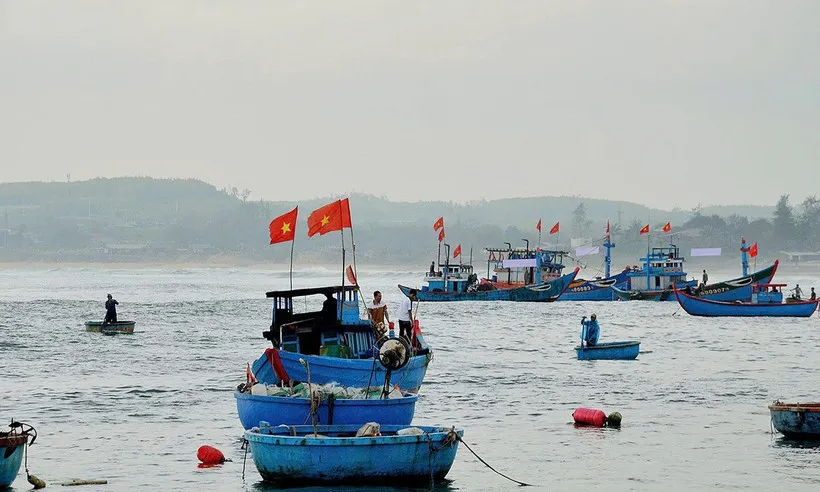
Fishermen in Quang Ngai province venture out to sea, strictly adhering to regulations against IUU (Illegal, Unreported, and Unregulated) fishing.
"Diagnosing the problem" to stop violations by fishing vessels.
Identifying and accurately assessing the existing situation in order to implement effective measures to prevent IUU violations is the approach taken by the Vietnam Coast Guard – the leading agency coordinating with other forces on the ground – to promptly prevent violations such as lack of documentation, switching off monitoring equipment, and even falsifying vessel numbers, changing or erasing vessel names while fishing at sea.
On the fishing vessel KG 95552 TS, the captain switched off and removed the monitoring equipment on the pair of trawlers that were seized in the waters bordering countries in the Southwest Sea region.
"It was broken, so I took it apart to send it home. I didn't know that taking it apart was against the law," said Tran Duy Thang, captain of fishing vessel KG 95552 TS.
Across the country's maritime areas, authorities have long detected various illegal tactics and schemes, enabling them to take timely preventative measures.
Major Nguyen Tuan Anh - Team Leader of Team 1, Legal Department, Coast Guard Region 2, said: "We have identified several tactics used by fishing vessels to violate regulations, such as taking advantage of the cover of darkness, exploiting areas without law enforcement presence, turning off or removing vessel tracking devices, changing vessel numbers, and forging documents to illegally exploit marine resources."
In Ho Chi Minh City, recently, some ship owners have chosen fishing ports in other localities with easier procedures and management to register their vessels for entry and exit.
Ms. Pham Thi Na, Deputy Director of the Department of Agriculture and Environment of Ho Chi Minh City, said: "We hope that provinces and cities will cooperate closely, and especially that law enforcement forces at sea will coordinate closely and promptly share information on cases of violations of IUU regulations so that we can take measures to work with ship owners, direct localities where ship owners reside, manage them closely, and educate them to avoid violations."
The aforementioned violations have all been identified by the authorities, leading to solutions for thorough prevention. The Vietnam Coast Guard stated that, in addition to the vessels regularly assigned to prevent violations by fishing vessels, all vessels operating at sea under its jurisdiction are responsible for detecting and handling violations by fishing vessels.
"We have set up a defense system, from the shore to the sea, on the surface, and also coordinating with the functional forces of other countries... hoping to soon put an end to the violations by fishermen," said Major General Vu Trung Kien, captain of fishing vessel KG 95552 TS.
Currently, the Vietnam Coast Guard has established interconnected information exchange with coastal provinces, cities, and military regions to ensure seamless coordination. This will help all forces, not just one agency, in preventing fishermen from avoiding ports, turning off monitoring equipment, or transferring GPS trackers to other vessels, thereby ultimately ending IUU violations and building a responsible and sustainable fisheries industry.
From IUU commitments to a sustainable marine economy.
Beyond simply managing fishing vessels and ensuring fishing is within designated areas and routes, Vietnam is expanding its IUU (Illegal, Unreported, and Unregulated) fishing commitments to a deeper level – protecting the very life of the ocean. Vietnam has established 16 national marine protected areas, safeguarding rare species such as sea turtles, coral, green turtles, and dolphins; and implementing seasonal fishing bans based on areas and species. Maintaining clean seas is not only about lifting the "yellow card" but also about affirming the image of a nation responsible for the environment and sustainable marine economic development.
In Quang Ninh, nearly 7,000 fishing vessels have been equipped with vessel tracking devices. Every vessel going out to sea is monitored 24/7, and all entries and exits from ports must be reported and recorded in a complete fishing log. In addition, fishermen have committed to not using destructive fishing gear and not catching rare marine animals such as turtles, hawksbill turtles, or whales.
In addition to tightening management of exploitation, Quang Ninh is aiming to restore the marine ecosystem. In the Bai Tu Long Marine Protected Area, projects to restore coral reefs and plant seagrass are being implemented – not only to preserve the landscape, but also to recreate natural breeding grounds for marine life.
From preserving individual coral reefs and releasing sea turtles, to controlling every ship and export shipment – these coordinated efforts are helping Vietnam move closer to the goal of having its IUU "yellow card" lifted. But beyond that is a journey to preserve the blue sea – to preserve livelihoods, where the marine economy develops alongside nature conservation for today and for the future.
In the context of an increasingly competitive export market, especially with US exports affected by tariffs, maintaining and expanding the EU market – which has stringent but sustainable standards – is a strategic objective.
The meeting between Deputy Prime Minister Bui Thanh Son and Vice President of the European Commission Kaja Kallas on the sidelines of the recent Second Global Gateway Forum in Brussels demonstrated a spirit of cooperation and a shared commitment to sustainable development. The EU acknowledged Vietnam's progress in combating IUU fishing and the planned visit of a working group in November is seen as an important opportunity for Vietnam to affirm its efforts towards a responsible and internationally integrated fisheries sector.
Source: https://vtv.vn/kinh-te-bien-viet-nam-huong-toi-chuan-xanh-tu-no-luc-go-the-vang-iuu-100251025053503283.htm





![[Photo] Closing Ceremony of the 10th Session of the 15th National Assembly](/_next/image?url=https%3A%2F%2Fvphoto.vietnam.vn%2Fthumb%2F1200x675%2Fvietnam%2Fresource%2FIMAGE%2F2025%2F12%2F11%2F1765448959967_image-1437-jpg.webp&w=3840&q=75)

![[Photo] Prime Minister Pham Minh Chinh holds a phone call with the CEO of Russia's Rosatom Corporation.](/_next/image?url=https%3A%2F%2Fvphoto.vietnam.vn%2Fthumb%2F1200x675%2Fvietnam%2Fresource%2FIMAGE%2F2025%2F12%2F11%2F1765464552365_dsc-5295-jpg.webp&w=3840&q=75)
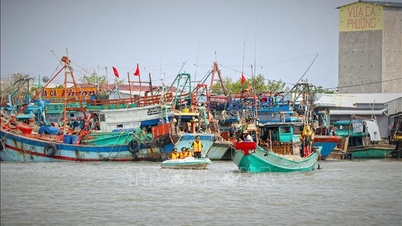

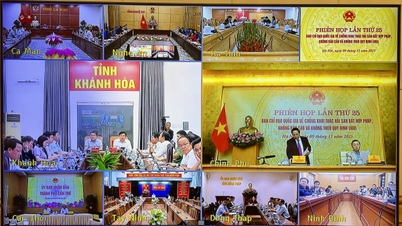

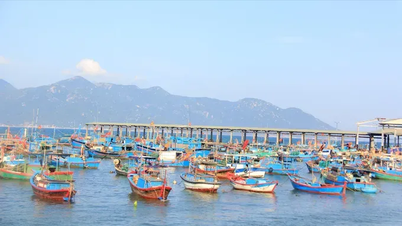

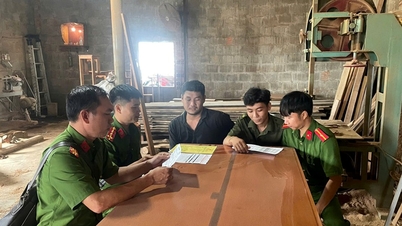

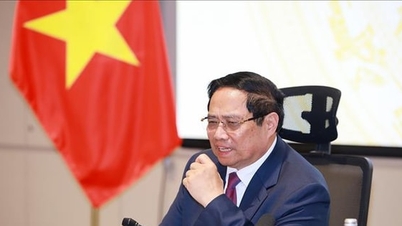

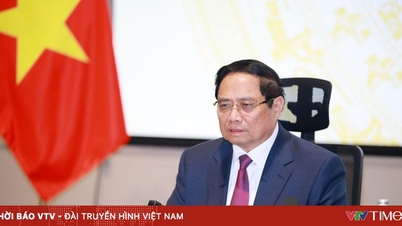
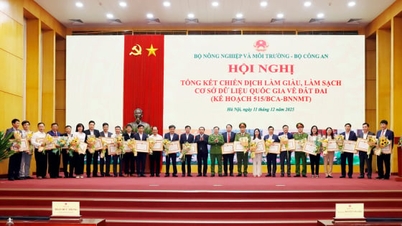

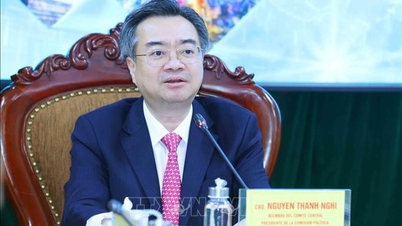
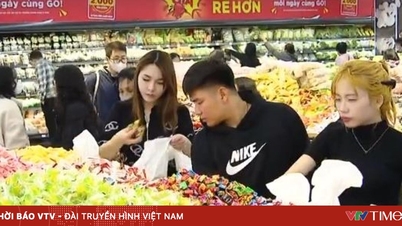
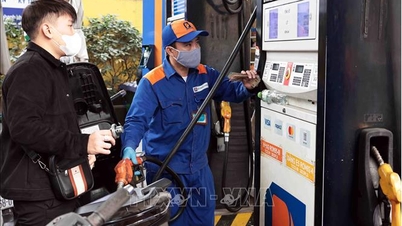
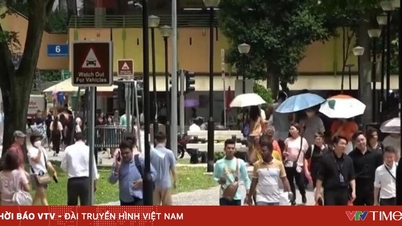






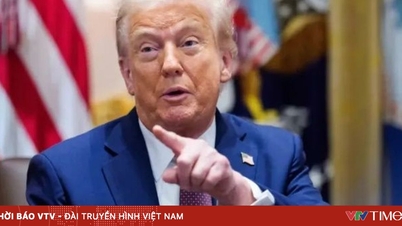
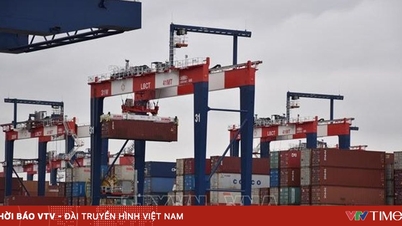
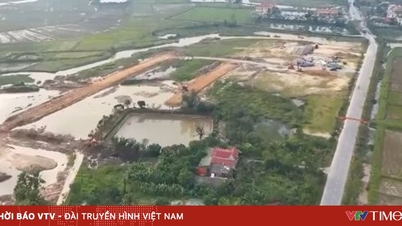
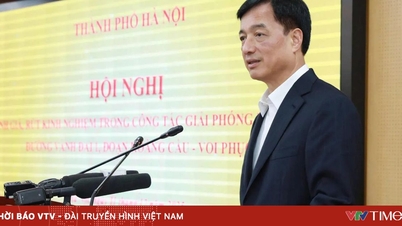
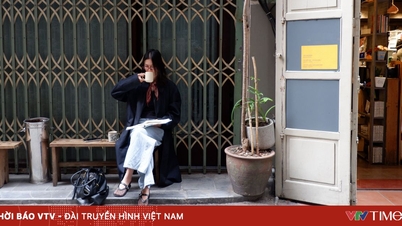






















![[OFFICIAL] MISA GROUP ANNOUNCES ITS PIONEERING BRAND POSITIONING IN BUILDING AGENTIC AI FOR BUSINESSES, HOUSEHOLDS, AND THE GOVERNMENT](https://vphoto.vietnam.vn/thumb/402x226/vietnam/resource/IMAGE/2025/12/11/1765444754256_agentic-ai_postfb-scaled.png)































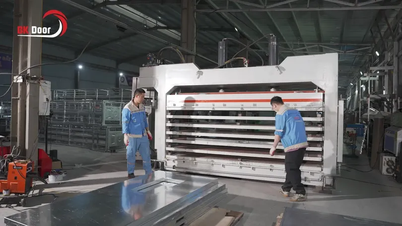




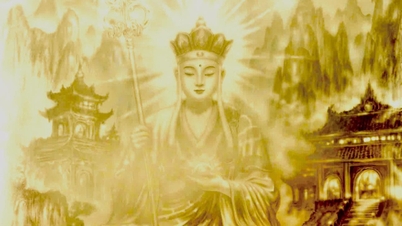










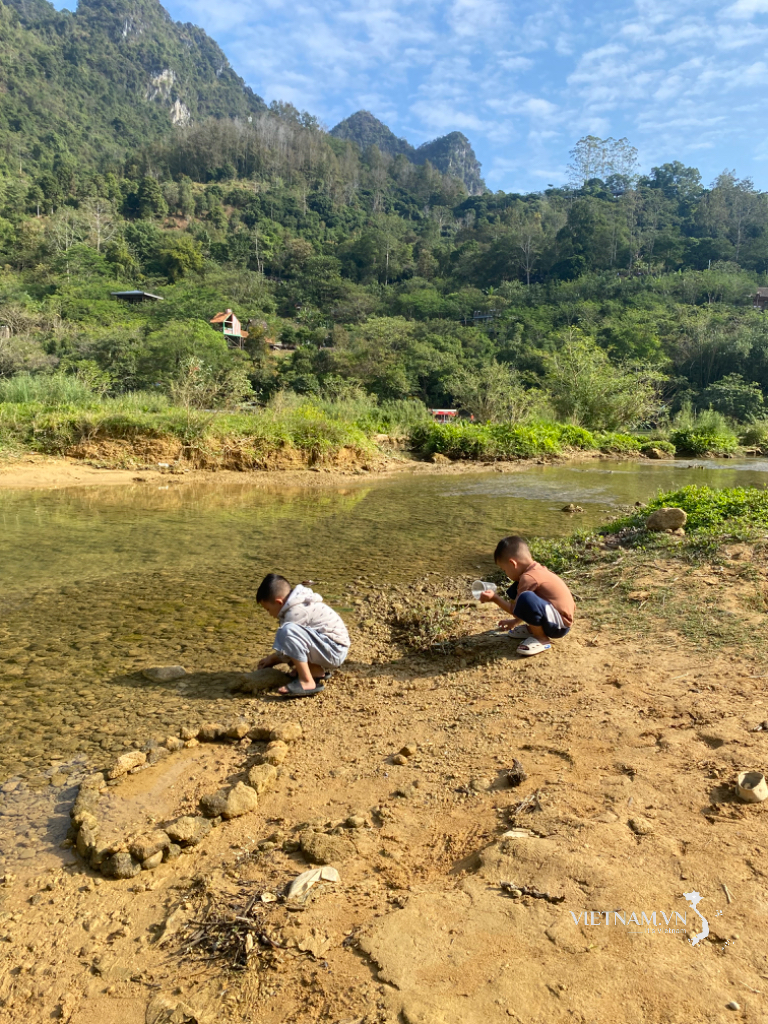



Comment (0)